GrindingHub 2022 to Demonstrate Effective Fine Machining Processes

Frankfurt am Main, Germany – Fine machining requires a high level of intuition. As a result, many businesses still perform manual grinding and polishing. However, especially in series production, this can quickly become a source of high costs and inconsistencies. At all times, automation solutions deliver reproducible quality. GrindingHub 2022, with its combination of grinding technology, automation systems, and software, will be the ideal location for companies to obtain all of the information they require on this challenging field.
Unmanned production is available 24 hours a day, seven days a week, and this is one of the most important factors in the success of many manufacturing companies in this highly competitive field. This has long been true for turning, milling, and drilling technologies, but it is becoming increasingly true for fine machining as well. GrindingHub exhibitors will provide a first look at their solutions for significantly increasing productivity and reproducibility levels.
|
Marie-Sophie Maier-Wember, Managing Director, Haas Schleifmaschinen GmbH says, “Software is becoming a driver of precision. The closed loop ensures superior manufacturing quality as well as minute profile tolerances.” |
Perfect finish. The pneumatic random orbit sander with axial compensation is Schunk’s “specialist” when it comes to grinding and polishing workpiece surfaces. Its adjustable compliance yields constant contact force and thus uniform machining results. |
Robot-assisted grinding
Surface quality is critical in metal and woodworking, as well as in the automotive and aerospace industries. In many cases, fine machining in particular, is still done by hand because human sensitivity is difficult to replicate. Manual polishing, grinding, and brushing, on the other hand, is time-consuming and exhausting work. Automated processes provide an appealing alternative, allowing flawless surfaces to be created more quickly and at a lower cost. At the same time, they relieve people from repetitive and dusty work.
The new automated machining tools from Schunk GmbH & Co KG in Lauffen am Neckar, have innovative features that compensate for force and positional inaccuracies, allowing for near-perfect results. When it comes to grinding and polishing, for example, the company’s ‘specialist’ is a pneumatic random orbit sander with axial compensation. Its adjustable compliance results in constant contact force and uniform surfaces. The pneumatic polishing spindle is an ideal solution for users looking for a highly robust and versatile tool for polishing and brushing workpieces. It significantly reduces machining and startup times. The tool’s compensation force and axial compliance are individually adjustable, resulting in high-quality and reproducible results regardless of installation position. Different workpiece geometries can be machined flexibly with just one tool – a cost-cutting advantage that nearly cuts investment costs in half.
Emphasizing the company’s ability to provide application know-how to assist customers in making the transition from manual to automatic, Daniel Mayer, Director Product Sales Robotic Material Removal, Schunk, elaborated, “We don't just sell the appropriate machining tools for the robots, we keep the entire application in mind. On request, we test and validate every application on the customer's workpiece in our CoLab robot application center. At the end, you receive a test report and video, giving you certainty that the application works.”
|
Tool changer for the current series of Blohm Jung’s grinding machines. |
The Haas series of grinding machines can be connected to the ERP system, allowing automatic tool changing and the further processing of production data. |
Closed-loop manufacturing of complex workpieces
Stating that the closed loop system ensures superior manufacturing quality as well as minute profile tolerances – all while ensuring maximum user-friendliness, Marie-Sophie Maier-Wember, Managing Director, Haas Schleifmaschinen (Trossingen), asserted, “Even with extremely challenging workpieces, such as grinding wheel bases, turbine blades or grooving inserts, it has proven to be a robust solution on the shopfloor.”
Software is becoming a driving force in precision work because mechanical forces are constantly at play during grinding, especially towards the edges of the grinding tools. These forces influence the interaction of the workpiece, the grinding tool, the clamping device, and the grinding machine. They produce ever-increasing levels of inaccuracy, which has a negative impact on workpiece quality – especially if the system does not allow for continuous data exchange between the workpiece and the grinding machine. This loss of precision is effectively prevented by a self-regulated process based on an integrated measuring solution.
During operation, measurement technology detects and reports any systematic and machine-specific deviations, which are then forwarded to the Haas grinding machine software. This incorporates a large number of compensatory functions that work in tandem. Any shape deviations can thus be compensated down to µ-level precision. Maier-Wember commented, “Without compensation, the tolerance would be several µ. In the closed loop, we create tolerances down to just a few µ without intervention by the machine operator.” Haas grinding machine software solutions have a direct impact on customer shopfloor operations in addition to acting as a driver of precision. The Haas grinding machine series can be connected to an ERP system, allowing for automatic tool changing and additional processing of production data.
|
With its tailor-made automation solutions and service products, Blohm Jung’s goals are to simplify manufacturing processes and raise the efficiency of grinding machines – and thus increase overall productivity. |
Flexible, robust, and reliable for polishing and brushing: the pneumatic polishing spindle with axial compensation significantly reduces machining and start-up times. |
Future-proof: Networked and automated
Blohm Jung GmbH, a Hamburg-based engineering company, has long offered automation solutions as part of its product portfolio. The tool changer for the current series of grinding machines is a recent example of this. The solution, designed for maximum cost efficiency, provides users with numerous benefits ranging from reduced setup times to virtually unmanned processing – even of complex workpieces. “However, automation is only one of the key factors involved in increasing productivity,” added Stefan Springer, Head of Product Management, Blohm Jung. “Machine connectivity is also gaining in importance, as the future of industrial production will be networked.”
Machines communicate with one another, exchange data, and control and regulate one another. This improves process efficiency and increases productivity. Blohm Jung’s ‘digital production monitor,’ for example, offers customers the ideal tool for digitally monitoring and optimizing production capacity utilization from anywhere, 24/7. Real-time display of running and non-running times, piece counts, and malfunction times. This allows for the detection of any production backlogs at an early stage. IT security is a top priority in this organization. Online access to the machine is only granted if a service request is submitted by the customer. As a result, data is only exchanged with the customer's consent – and then only the data is required to provide the desired service. Blohm Jung employs a TÜViT-certified connection to ensure that the data is always secure from unauthorized access.
The benefits of the most recent products and solutions can be clearly explained and discussed in face-to-face meetings with experts. Visitors interested in future-proofing their processes can learn more at the individual company booths at GrindingHub 2022 in Stuttgart.
Source: VDW (German Machine Tool Builders’ Association)





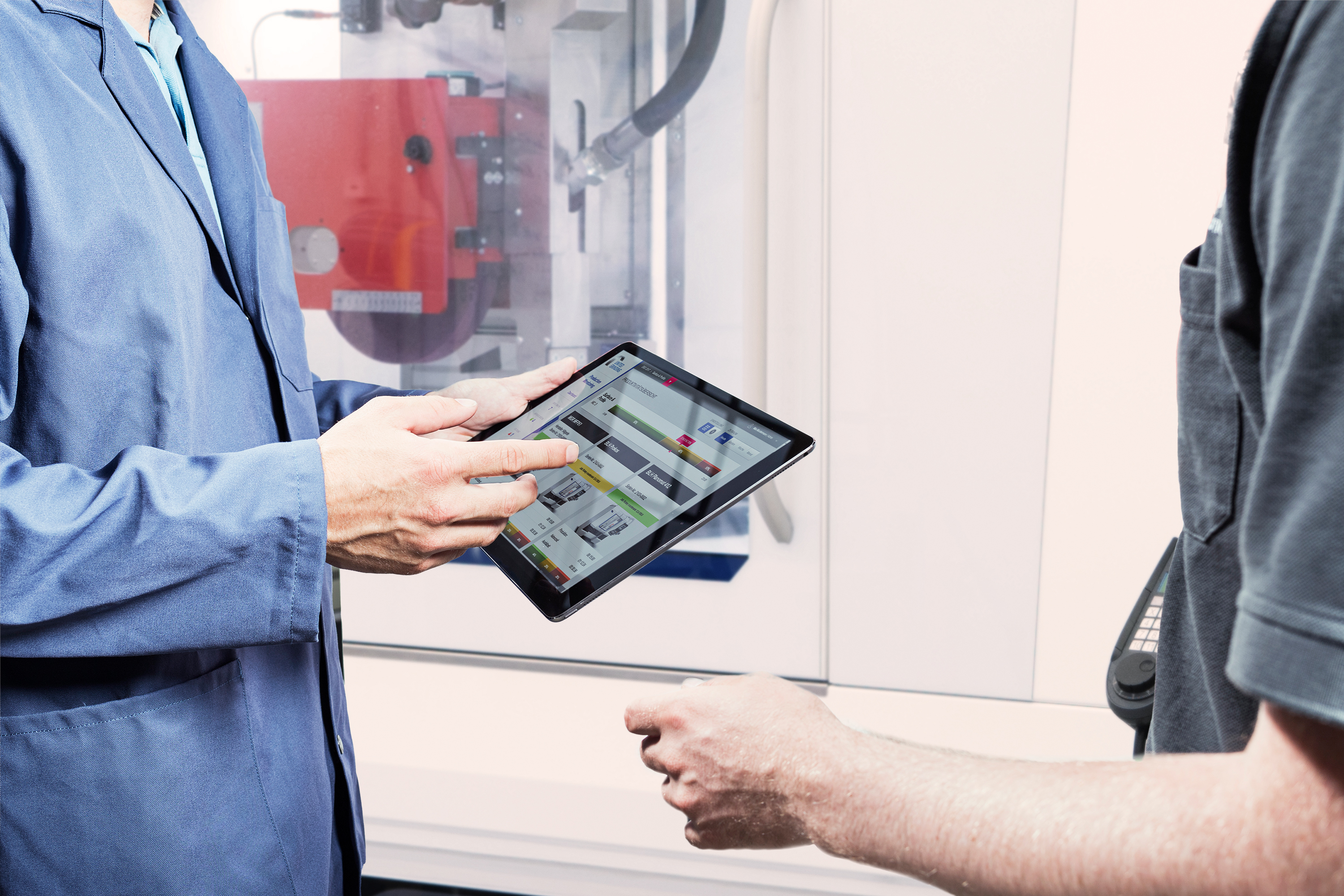
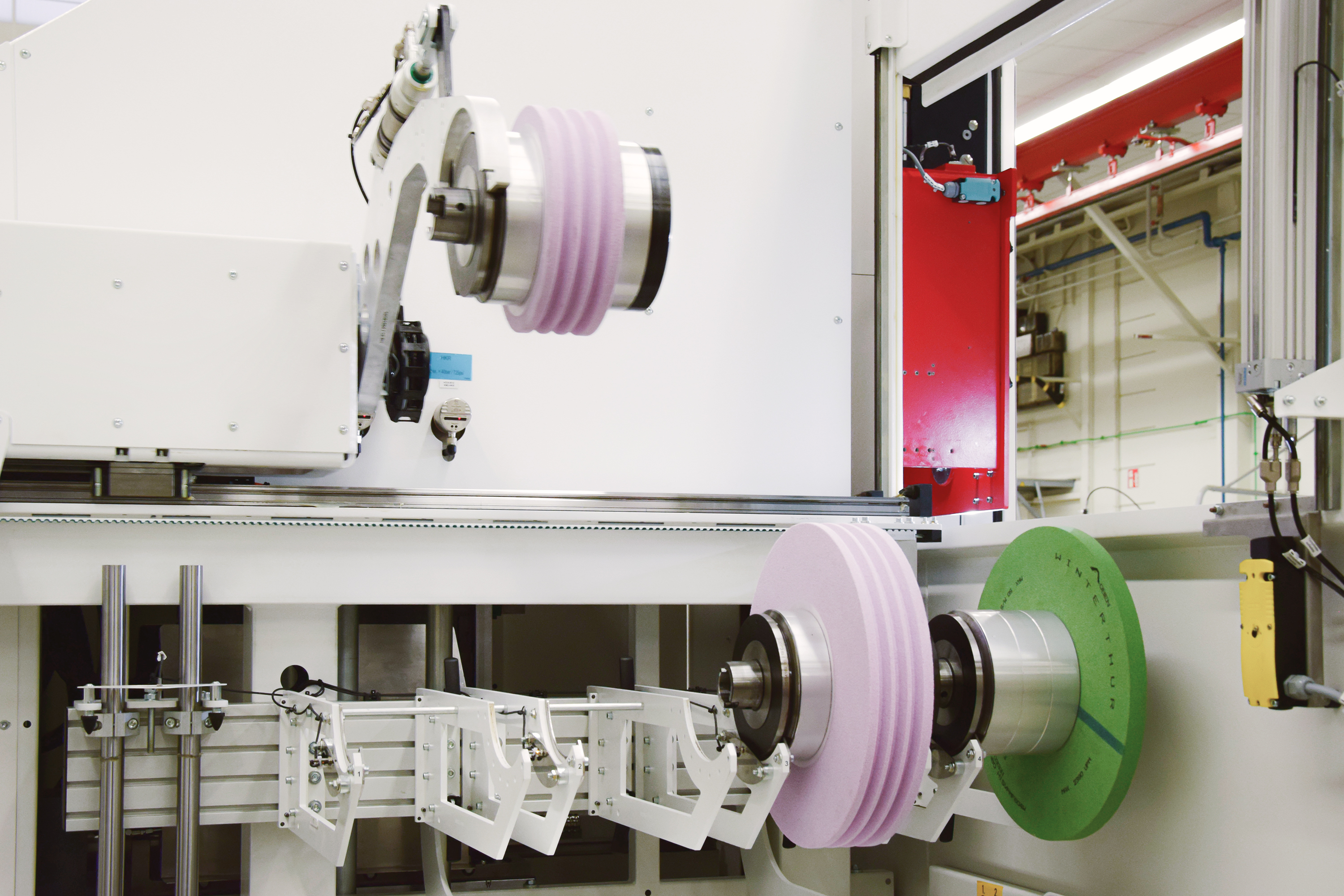
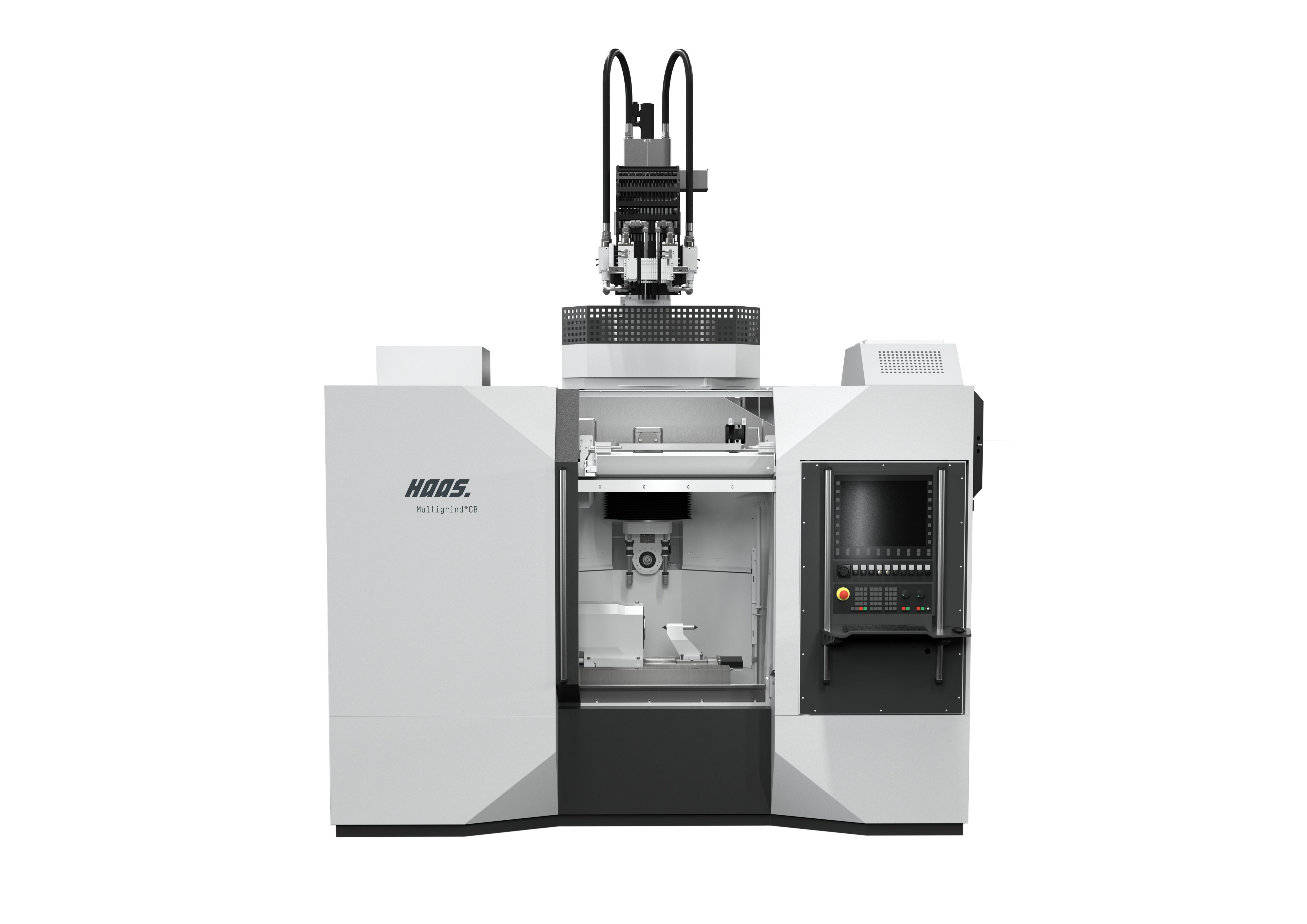
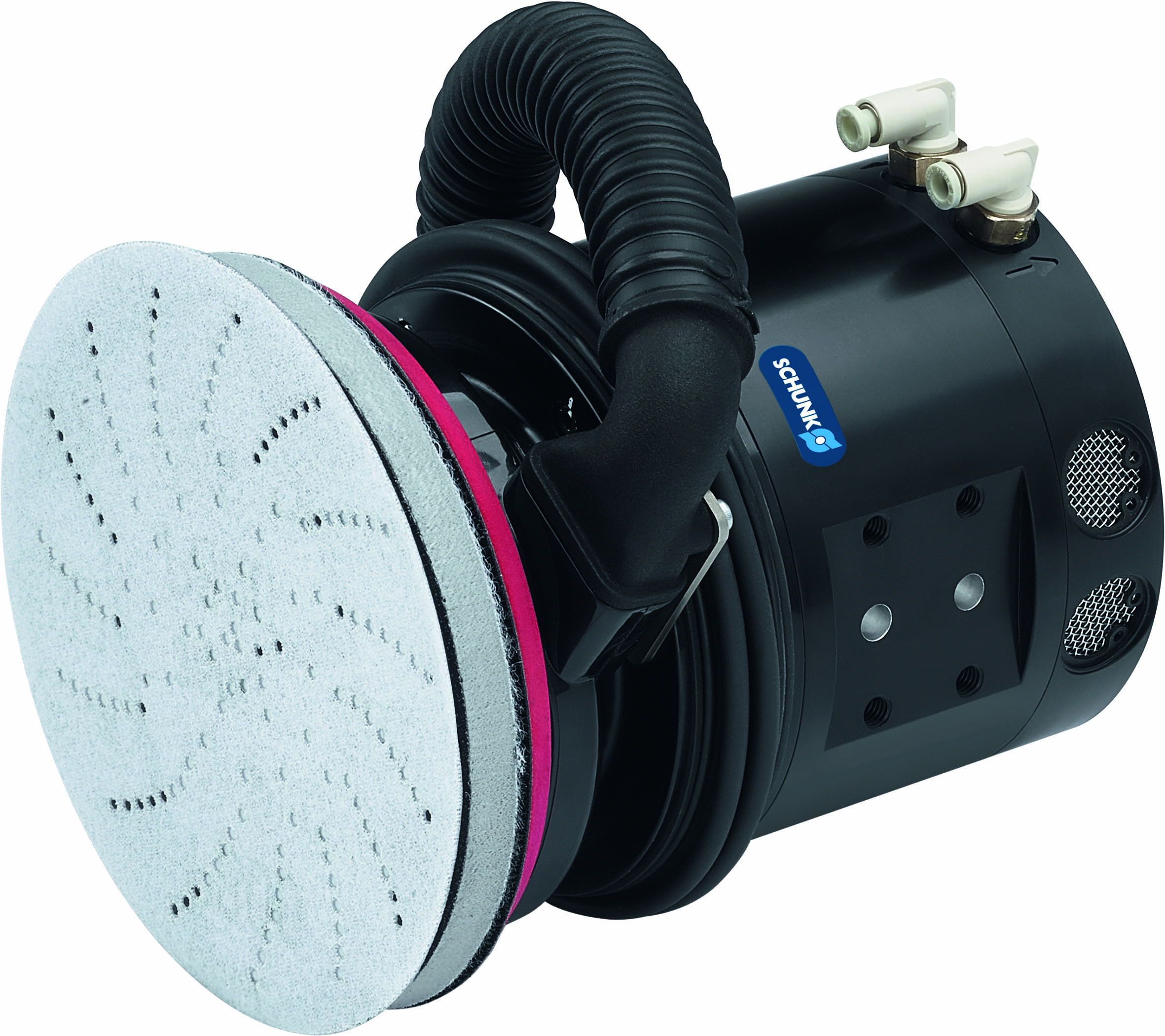
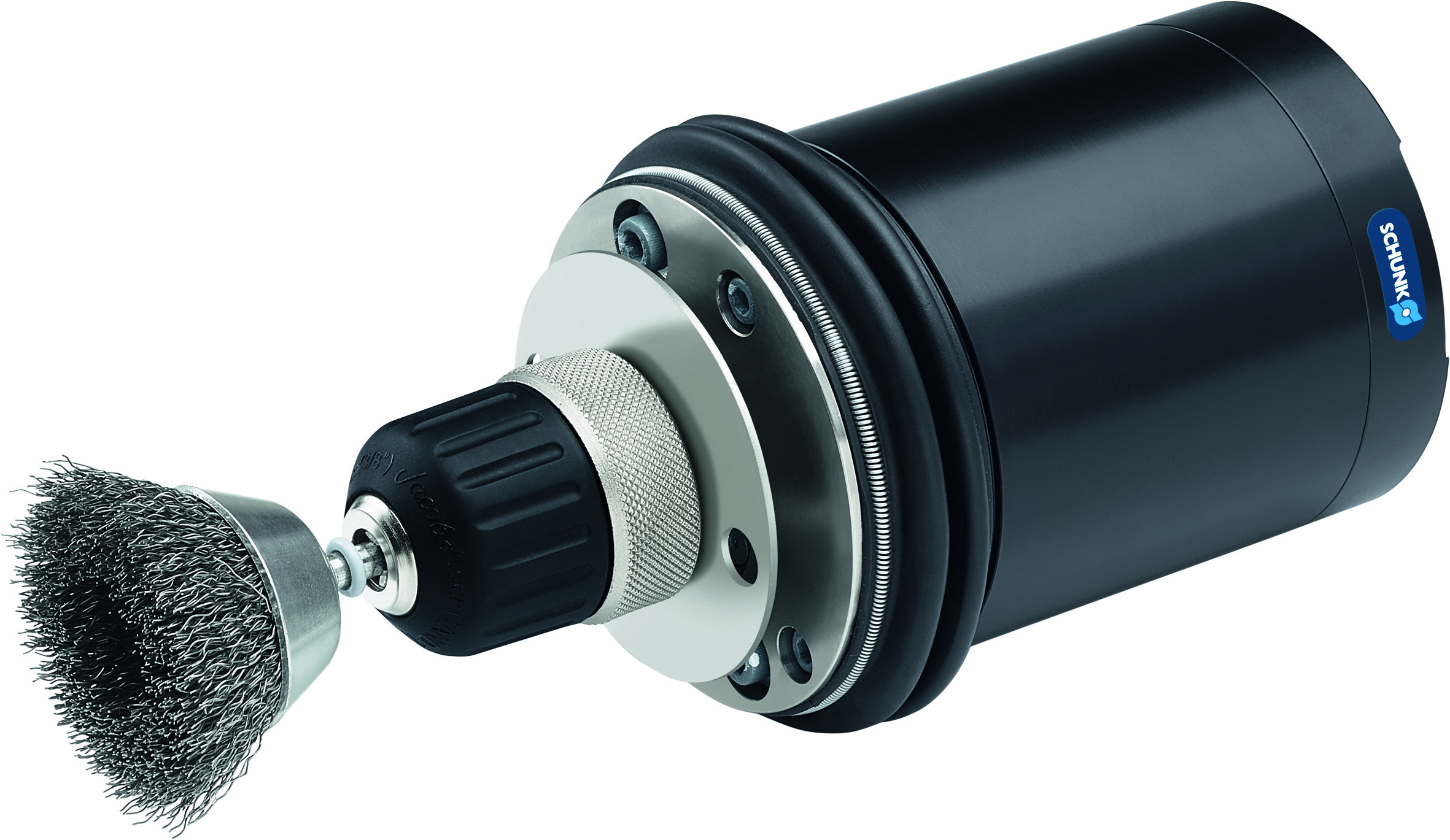

 Facebook
Facebook.png) Twitter
Twitter Linkedin
Linkedin Subscribe
Subscribe